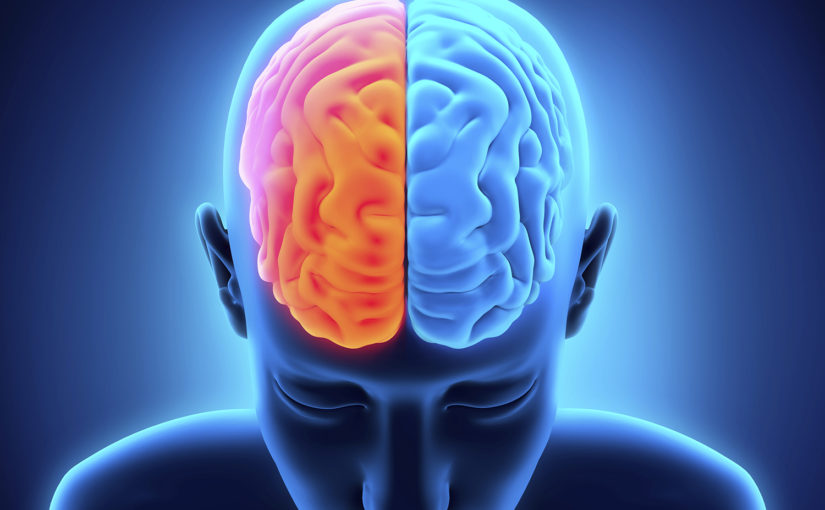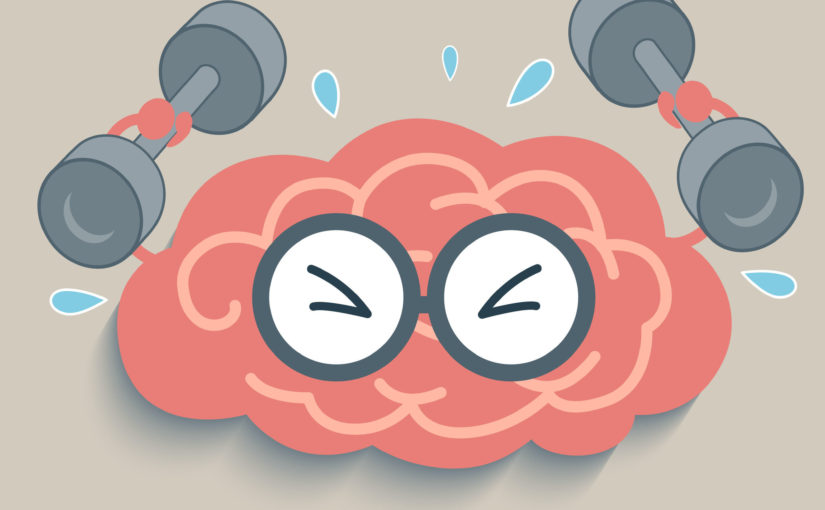
To Fast or Not To Fast?
Posted August 30th, 2010
Whether or not to fast is a question that seems to be on many of my patient’s minds and with very good reason — there is a lot of conflicting information in the media and on the web when it comes to this question. For the majority of the population, fasting is a healthy and natural process and I recommend it to most of my patients as a part of their healthy lifestyle.
However, I want to be clear that fasting is not for everyone and also can be risky if executed incorrectly. For this reason, I recommend that fasting, particularly your first fast, should be done only after receiving guidance from a qualified health care professional.
I want to again emphasize that it should be used only periodically, as part of a healthy diet. Fasting does not mean eliminating calories completely; the number of calories recommended for consumption each day will be dependent on the health and daily activities of the person. It is very dangerous to use it as part of a binge and purge cycle as this will have very negative effects on your metabolic rate, heart, and immune system.
Beginning around 1975, numerous articles regarding this topic have been published in medical and scientific journals, such as the New England Journal of Medicine, Toxicologic Pathology, and the Journal of Neuroscience. These articles reported the benefits listed below.
Benefits of Fasting
- Raise growth hormone levels
- Lose weight/trim fat
- Decrease sugar and carbohydrate cravings
- Improve immune system
- Increase life span
- Reduce risk for heart disease, stroke & diabetes
- Reduce risk for Alzheimer’s and Parkinson’s
- Reduce risk of cancer and liver disease




